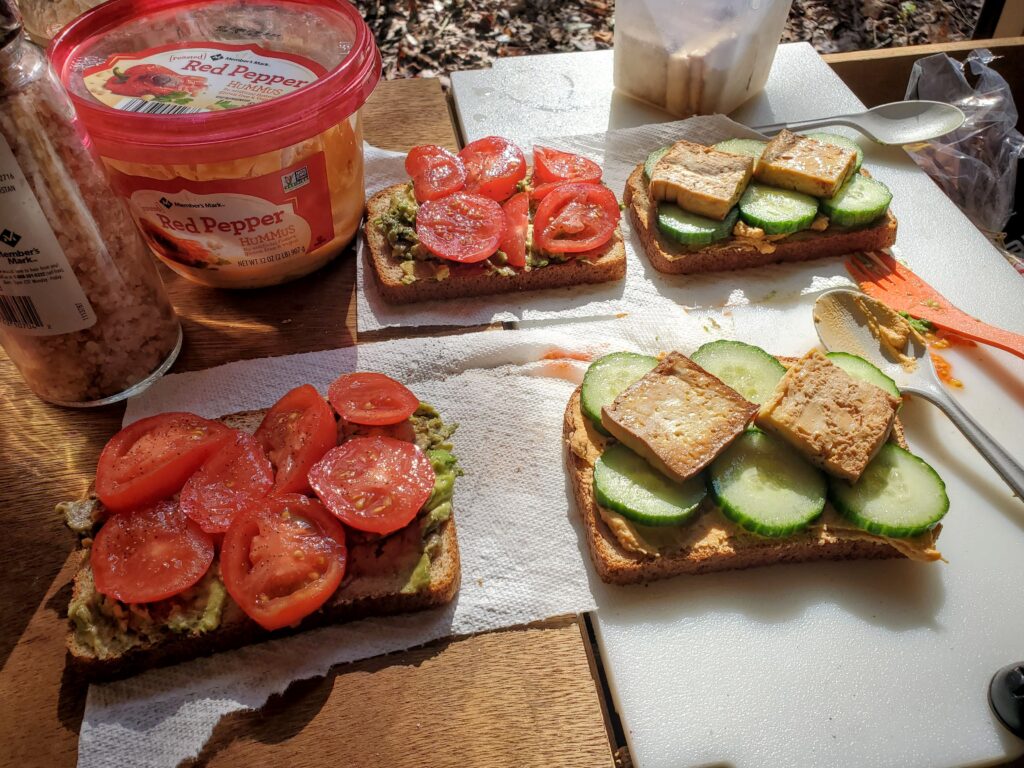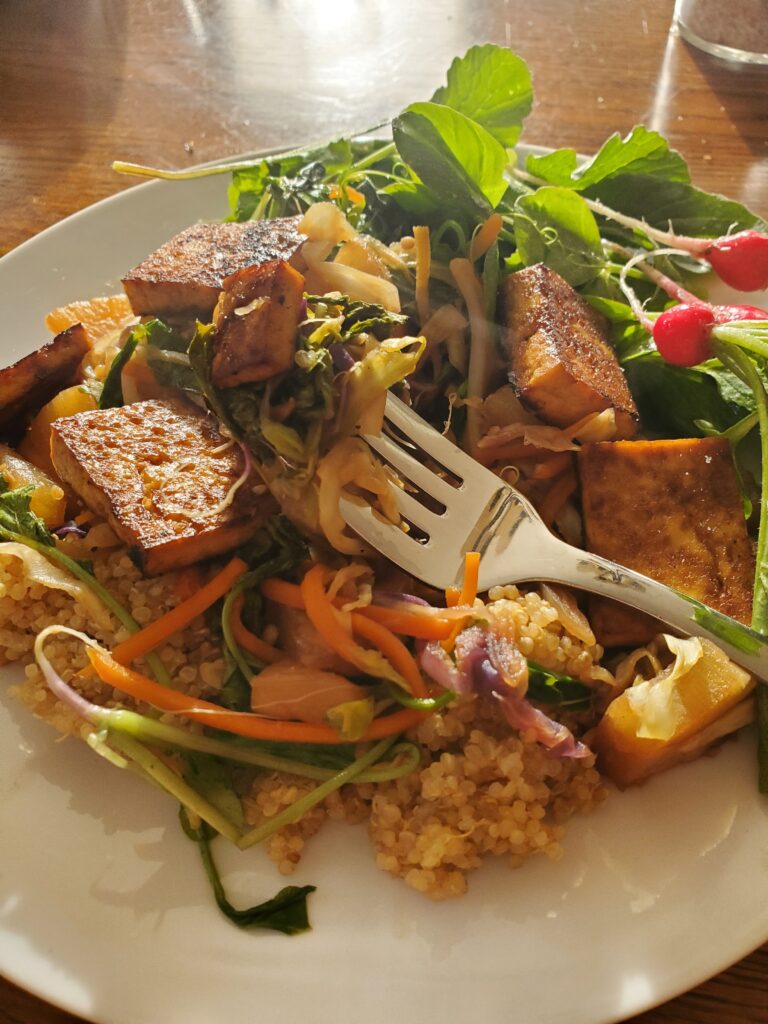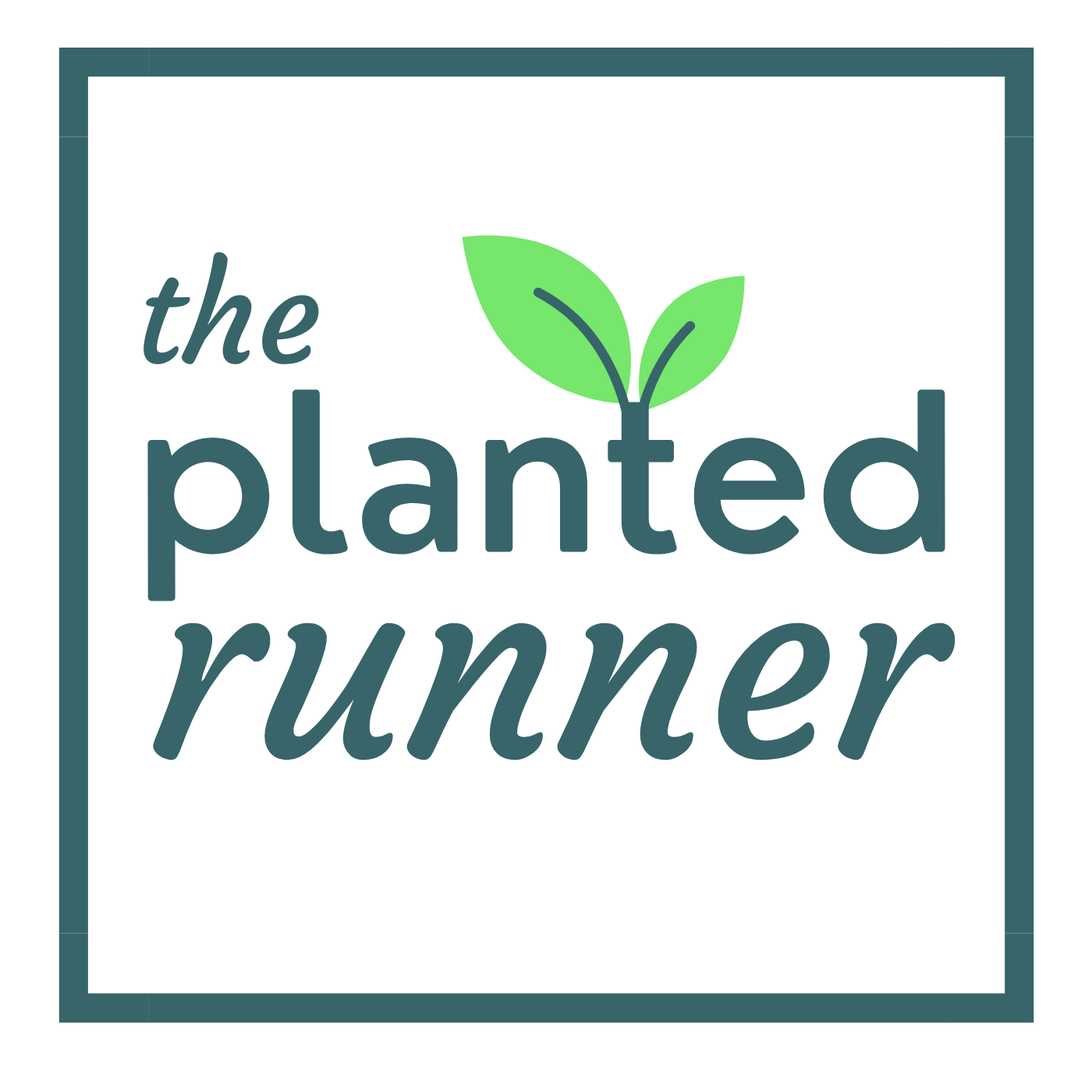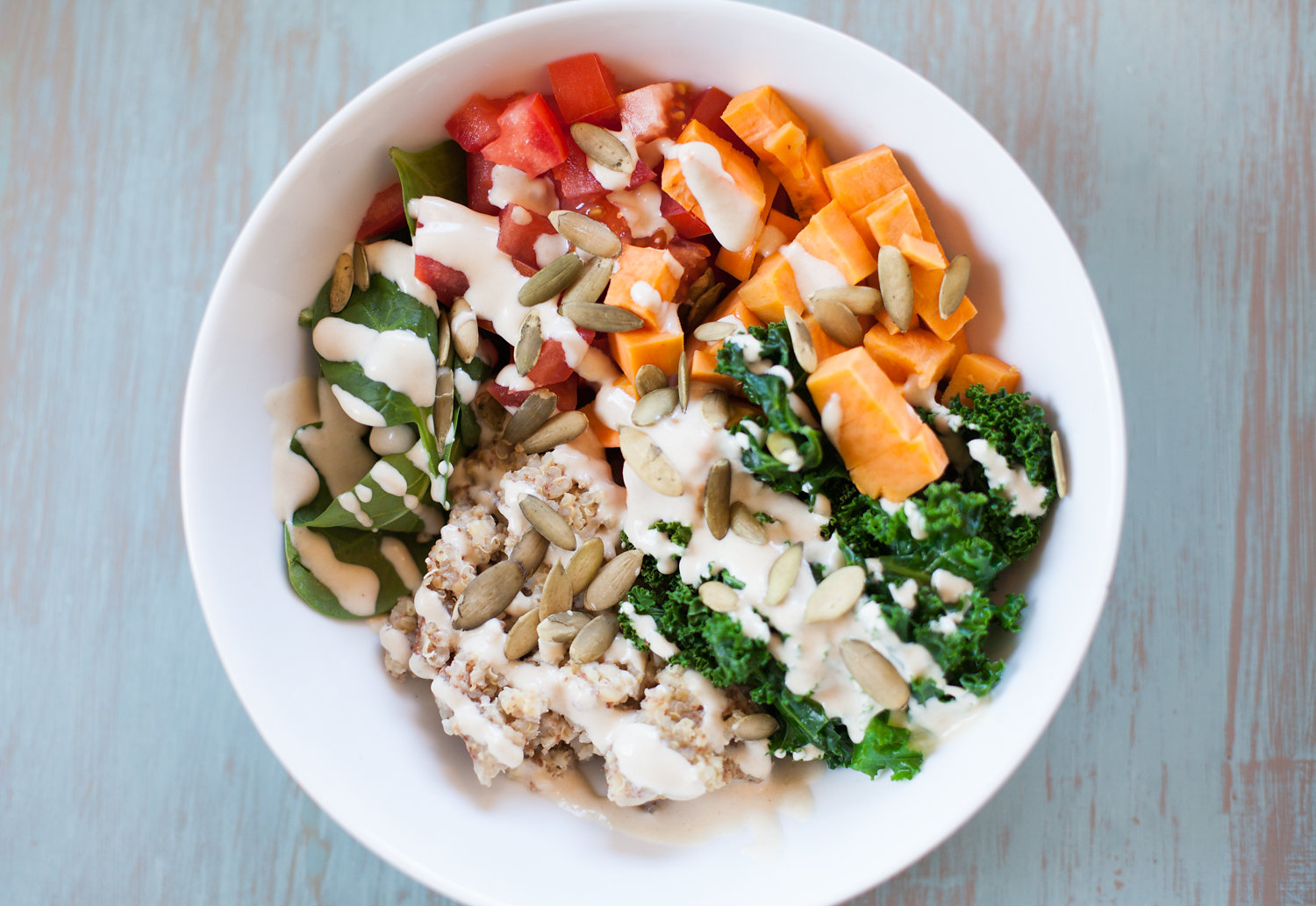Trying a whole-food plant-based diet is surely going to be a resolution for a lot of runners this year. Here are six steps to become a whole foods plant based runner which will make the process go a little more smoothly.
1. Examine Your “Why” and Write it Down
There are many reasons for choosing a plant-based or vegan lifestyle and tapping into why you want to make this choice is essential to sticking with it long term. I’m not going to try to convince you that this is the right choice for you or say you need to be 100% vegan, but if you are curious about it there are lots of ways to learn more.
I committed to plants after watching Forks Over Knives in 2012. My main reason is to fuel my body with good food that will enable me to live a long and active life.
Then I learned more about the intense environmental impact animal agriculture causes to our land, air, and seas. That made it even easier to stick to my personal health goals, knowing I was not a part of the system.
For me, animal welfare is not my primary motivation, but for some vegans, this is their primary motivation and it can be incredibly powerful. No one really wants to talk about the atrocities that we commit on other sentient beings, and I won’t get into it here, but if this is your “why,” is certainly a good one.
2. Decide If You Are an All-Or-Nothing or Incremental Changer
Personally, I thrive on rules and routine. The fewer decisions I have to make, the easier things are. So I’m an All Or Nothing. When I went fully plant-based, that was that (okay, I do admit to stealing some of my kids’ Goldfish right at the beginning, but that was short-lived). To be fair, I was pretty close to being vegetarian already, so it wasn’t like I went from hamburgers to tofu in one day, but once I made the commitment, there was no turning back.
Other people do not find the transition so simple and need to ease into it. I recommend that you start eliminating the animal foods that you don’t especially like in the first place. For many people, that’s cows and pigs. Once that feels comfortable, you can excuse the birds and fish and see how that goes.
The hardest to give up is usually eggs and dairy since they are so prevalent in our food supply and because…cheese. We are wired to love something that is fatty, salty and umami and cheese hits all those cravings. But if you are armed with healthier alternatives made from plants, you might find that it ends up being easier than you think to go all in to a whole foods plant based lifestyle as a runner.

3. Arm Yourself with Really Tasty Plant-Based Swaps
Even if your “why” is because a whole-foods plant-based diet is one of the healthiest in the world, don’t forget to make it taste good!
My biggest mistake starting out was to make sure everything I made was so ridiculously healthy that taste was secondary. My family began to hate my cooking and resent this change that I was “forcing” on them.
So I finally got some good cookbooks that focused on flavor, which made my cooking something even an omnivore could love.

4. Focus on Simple, Whole Foods
It’s never been easier to go vegan than it is today. Grocery stores stock an amazing array of meat alternatives that are surprisingly good, but many are not really nutritional superstars. Better to think of those as occasional treats rather than staples.
Runners can often be the type to overcomplicate things, so do your best to keep it simple. Fruit and nuts make a quick, nutritious snack that is the perfect recovery food right after a run. I love a medjool date filled with a smear of almond butter!
For dinner, it doesn’t get a whole lot easier (or inexpensive) than beans and rice with greens. Spice it up with taco seasoning for a Mexican flair or try a spicy peanut sauce with flavors of Southeast Asia. There are a world of possibilities!

5. Think About Protein, But Don’t Obsess About It
All plant food contains protein, so as long as you are getting in enough calories, you are likely getting enough protein. But different types of plants contain different amino acids, so you do want to make sure you are eating a variety of foods.
6. Supplement with B12
One thing that is difficult to obtain naturally in a vegan diet is B12, so supplementing is a very good idea. B12 is produced by bacteria found in soil and it’s more concentrated in animal flesh than in plants.
With modern farming, our soil has been depleted of this natural resource, so even non-vegans are likely to be deficient.
Progress Not Perfection
Moving to a whole plant diet can be life-changing for you, the planet, and clearly the animals. It doesn’t have to be complicated and you don’t have to be perfect to see a difference in how you feel and eventually how you look and perform.

